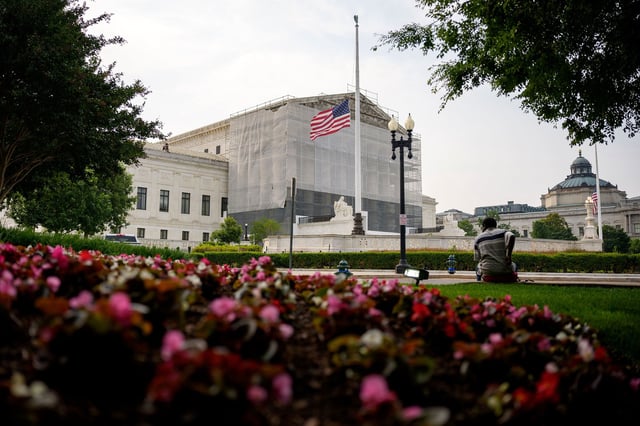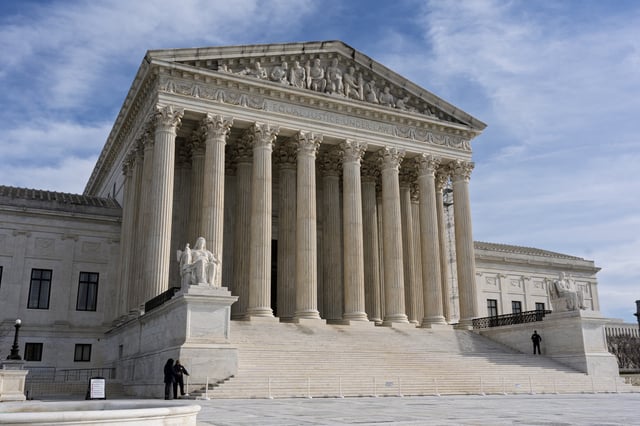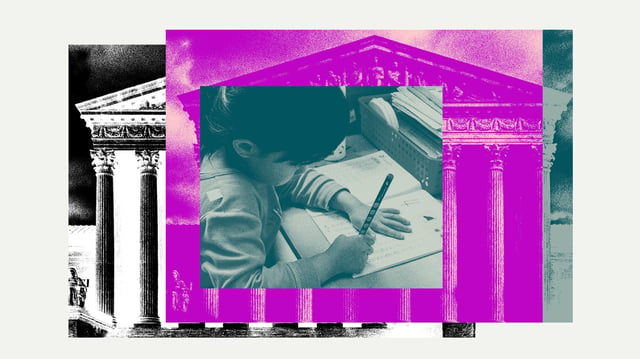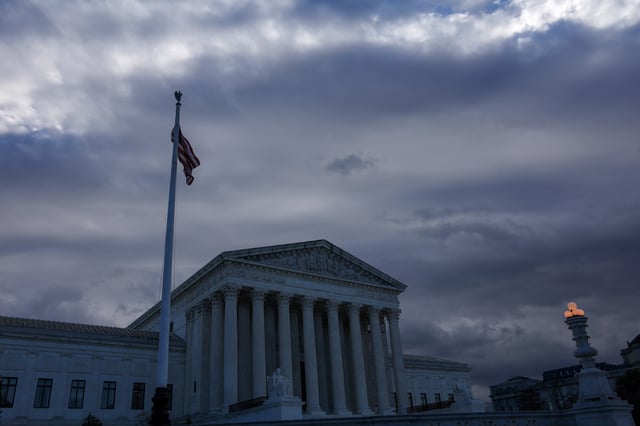Overview
- The Supreme Court unanimously held that ADA and Section 504 claims in educational settings should face the same legal standard as other disability discrimination cases, rejecting the Eighth Circuit’s “bad faith or gross misjudgment” threshold.
- Chief Justice John Roberts wrote that neither the ADA’s Title II nor Section 504 suggests applying a more demanding analysis to discrimination claims tied to educational services.
- The ruling revives the lawsuit of Ava Tharpe, a Minnesota teenager with severe epilepsy who was denied evening instruction, allowing her to seek damages under federal disability laws.
- Disability rights groups hailed the decision for harmonizing standards across circuits and making it easier for families of students with disabilities to challenge school accommodations failures.
- Concurring opinions from Justices Clarence Thomas and Brett Kavanaugh and from Sonia Sotomayor and Ketanji Brown Jackson underscored broader disagreements over intent requirements in disability discrimination law.



